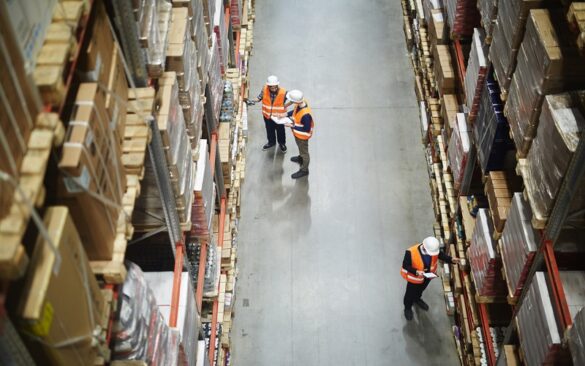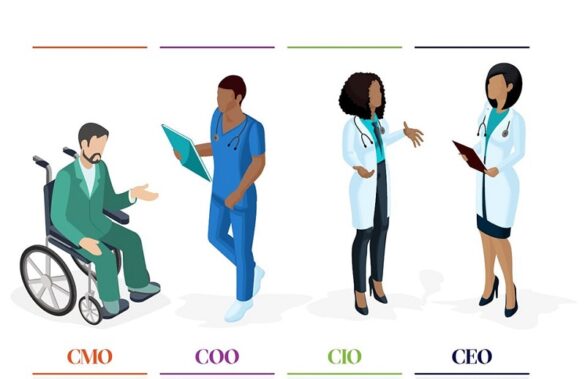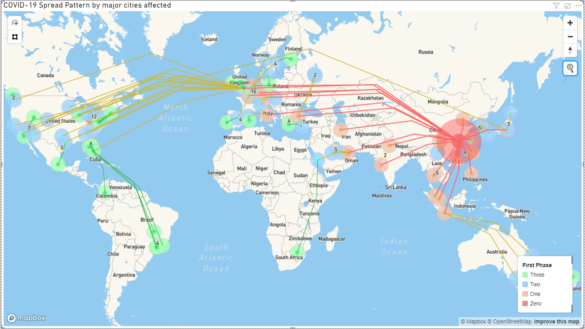It’s Beginning to Look a Lot Like the Post-Peak Season
The holiday season is a time for joy — and for supply chain chaos. This year is no exception. The five-day period from Thanksgiving to Cyber Monday shattered online retail sales records, with U.S. consumers spending $41.1 billion, an increase of 8.1% over 2023. The…
Could Supply Chain Automation be the answer to the Great Resignation?
This blog is co-authored by Terence Leung, Senior Product Marketing Director; Bonnie Milam, Product Marketing Director; Michael Orr, Product Marketing Director; and Nina Seth, Product Marketing Director The COVID-19 pandemic continues to disrupt retail. Having experienced demand and supply challenges, survived enforced lockdowns and an…
The Key to Strategic Workforce Planning for the Warehouse
Manufacturing and warehouse shift work has been standard procedure since the dawn of the industrial revolution. And, shift work remains the standard in many cases today. It’s been about 120 years since this practice began. Does it really make sense today, considering what’s changed in…
Transportation Modeling and its Role in Transportation Transformation, Part 1
In their journey toward transforming their existing transportation and broader supply chain operations, many customers face challenges in substantiating their business case when it comes to crucial pillars such as better capacity allocation, asset optimization, and redefining procurement services. Utilizing a modeling solution to complete…
Shared Decision-Making: How the C-Suite Can Take a Page from the Medical Community
The concept of shared decision-making in the medical community has been commonplace for years: a team of doctors, specialists and loved ones working together on complex issues to weigh different options and choose the best course of treatment. It’s a win for patients, for doctors and…
Our Commitment to Action to End Racial Injustice
Care, Conversations, and a Commitment to Action. These words highlight Blue Yonder’s response to ending racial injustice. While we have made it clear that we stand with the Black community, we recognize actions speak louder than words. It’s not enough to simply empathize, speak out…
Mitigando o Impacto do Coronavírus sobre Cadeias de Suprimento com Machine Learning e Visibilidade em Tempo Real
Um artigo do New York Times de agosto de 2019 destaca o quanto a inteligência artificial (IA) deve a humanos. Isso se dá pelo fato de muitas e muitas pessoas serem necessárias para ajudar um sistema de IA a aprender para que ele possa, eventualmente, agir por…







